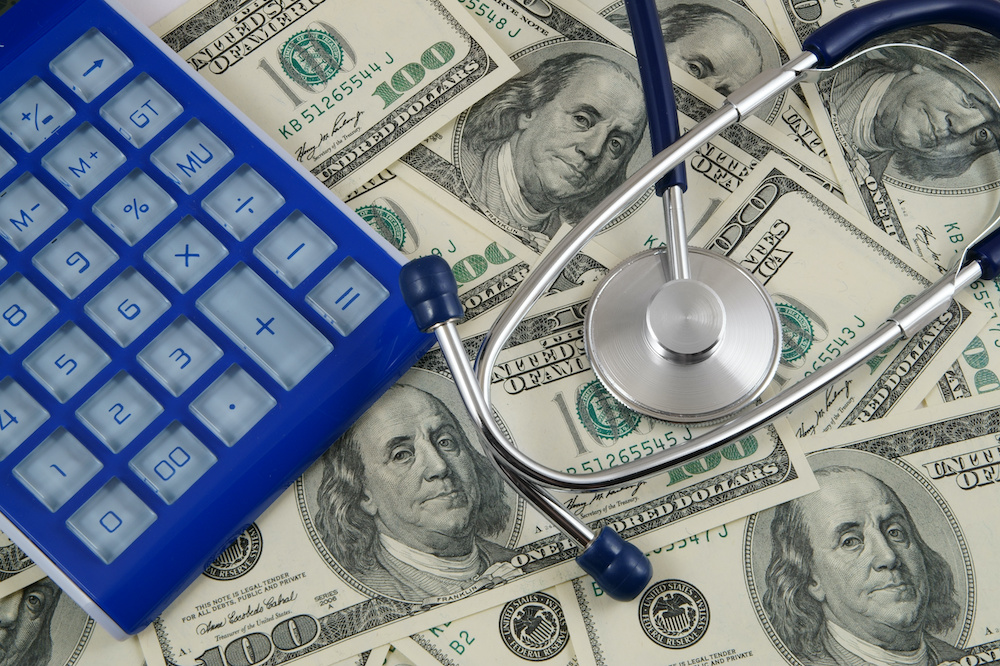If you are suffering through a serious, life-altering, or life-threatening injury or illness, you may subsequently be suffering through expensive medical bills. What may worsen your medical debt is if it is tied to your credit card debt. This is because your credit cards may enforce high-interest rates that accrue quickly. All the while, you may be ignoring your other financial obligations, such as your mortgage and car payments, to prioritize your rapidly growing medical and credit card debts. Ultimately, this may lead to creditors threatening to take away your house or car as collateral. If you find yourself in this same or similar situation, continue reading to learn whether bankruptcy can give you medical debt relief and how an experienced Louisville, Kentucky consumer bankruptcy lawyer at Schwartz Bankruptcy Law Center can help you get the most out of your proceedings.
Can I file Chapter 7 or Chapter 13 bankruptcy for medical debt relief?
Put simply, under the United States Bankruptcy Code, medical debt is considered to be a dischargeable debt. This means that your medical debt may be eliminated from your immediate financial responsibility should you properly execute all these steps in your Chapter 7 bankruptcy proceedings. There is no limit to the amount of financial relief you may be granted. However, it must be emphasized that this discharge is not an automatic right. Rather, the Kentucky bankruptcy court may fairly consider alternative resolutions.
Or, you may be granted relief for a portion of your medical debt in your Chapter 13 bankruptcy proceedings. Then, you may incorporate a schedule for slowly paying them off in your court-ordered, three- to five-year repayment plan. Here, the debt limit is currently $465,275 for all your unsecured, dischargeable debt. So, the amount of medical debt you are relieved from versus the amount you still owe may depend on your debt, income level, and overall the court’s discretion.
What other debts can I seek relief from?
Medical debt may not be your only qualifying debt for discharge in your Chapter 7 or Chapter 13 bankruptcy proceedings. For one, your credit card debt may also be considered a dischargeable debt. This may be especially helpful if you paid for your medical bills with a credit card. Without further ado, other debts that may be discharged in your bankruptcy read as follows:
- Your past-due taxes.
- Your past-due utility bills.
- Your past-due rent and other money owed under your lease agreement.
- Your personal loans, in which your friend or family member was the lender.
- Your civil court judgment, including most auto accident claims made against you.
When in doubt, someone at Schwartz Bankruptcy Law Center is willing to look into your case. So please retain the services of a skilled Louisville, Kentucky consumer bankruptcy lawyer today.

